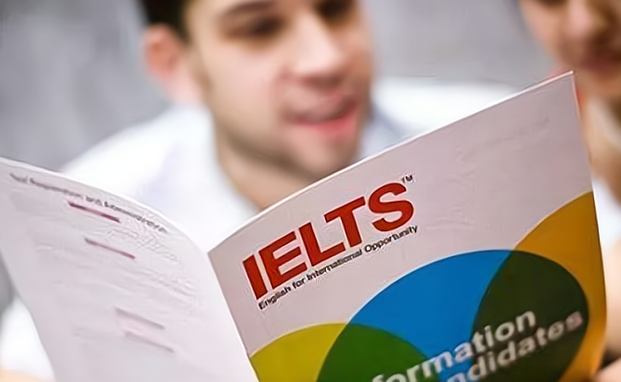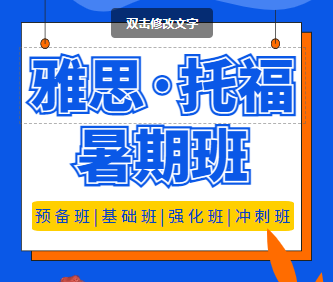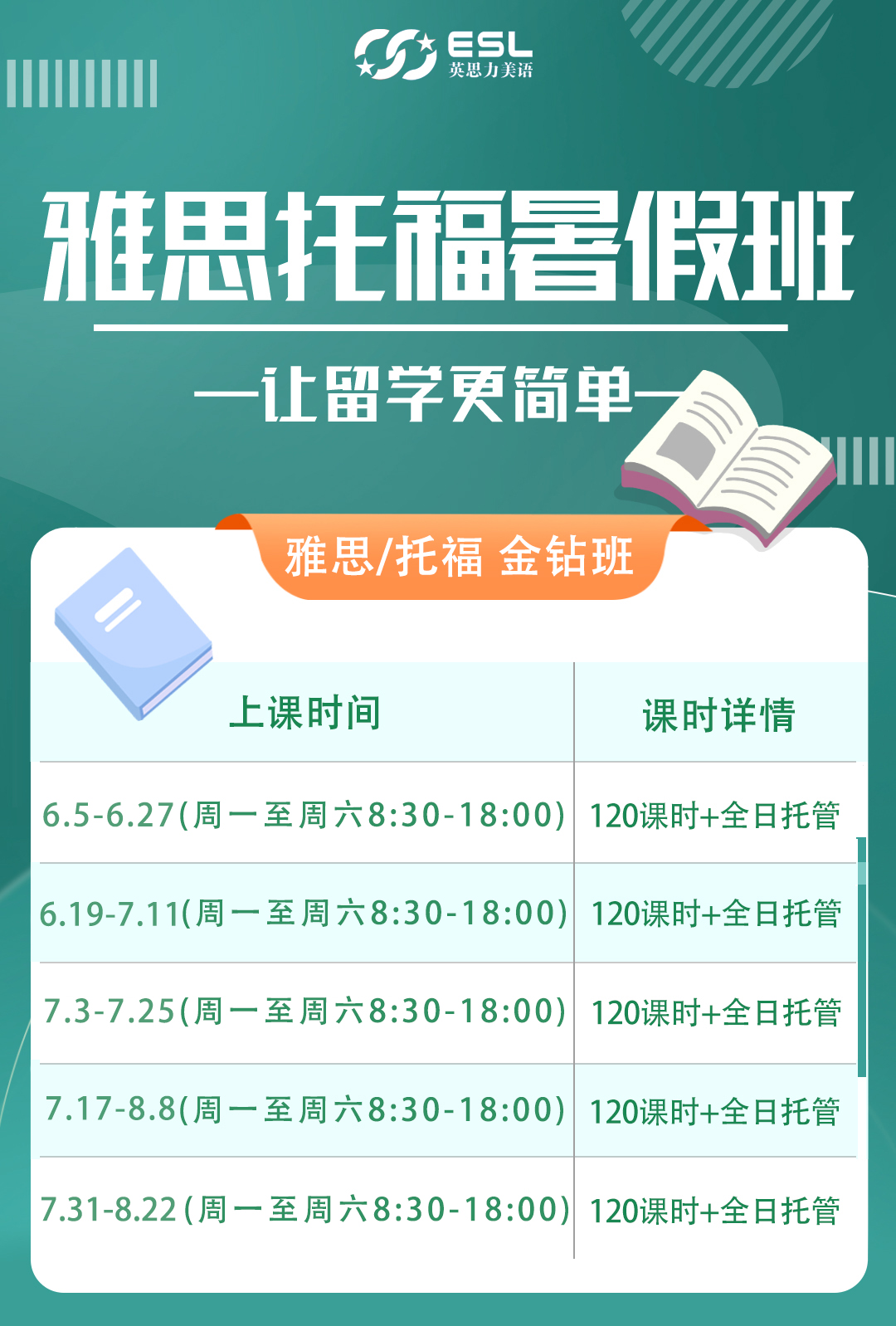欢迎进入郑州英思力教育科(kē)技有(yǒu)限公司官方网站!
咨询热線(xiàn):0371-65708688
2023年共举行7次雅思考试,5次重复往年原题,其中,重复2016年2次、2019年1次、2020年2次。由此可(kě)见备考雅思,需要阅读往年真题范文(wén)。英思力小(xiǎo)莫收集真题范文(wén),為(wèi)你备考保驾护航

文(wén)章题目:
Employers should give their staff at least four weeks’ holiday a year as employees can be better at their work. To what extent do you agree or disagree with this view?
范文(wén)及注释:
Countries around the world vary concerning how many vacation days employees should enjoy, though typically the annual leave lasts four weeks. In theory the 4-week holidays will make staff better at their work, but the result is hard to predict in practice.
本段开门见山(shān)提出年假的话题,然后提出观点:理(lǐ)论上年假有(yǒu)助于工作人员提升效率,但实际很(hěn)难说。
vary 与......不同
typically 一般地;典型地
in theory 理(lǐ)论上地
in practice 实际上地
Evidence has shown that taking an annual leave is good not only for workers but also their bosses. To begin with, it should come as no surprise to any one (even the most demanding CEO) that a well-rested worker is healthier and more productive. Vacations could give workers a change of pace and a break from the “work mode”, so that they can be expected to do more when they get back to work. Meanwhile, the mandatory four weeks off given to employees would be good for employers because the increased productivity of their employees will surely bring more profits, at least in theory.
本段讨论休年假的好处,涉及两个方面:对员工来说,休假可(kě)以提高效率;对老板来说,效率的提高就意味着更多(duō)利润。本段采取的是说理(lǐ)的论证方法,用(yòng) “to begin with” 和 “meanwhile” 列举了两个原因。
it should come as no surprise to any one that... 任何人都不应感到奇怪......
demanding 苛刻的;要求高的
productive 有(yǒu)生产力的;高效率的
mandatory 强制的;要求的
In practice, however, the expected increase in workers’ productivity after holidays does not always translate into reality. More often than not, being away from work for as long as 4 weeks could put one at a disadvantage and decrease one’s productivity. There will be a period of time for adjustment when one is less motivated right after being back from vacations. So it is one thing to say that one has the legal right to enjoy a paid annual leave, but it is quite another to conclude that vacations can always boost productivity. As the saying goes, “Too much work, too much vacation, too much of anything is unsound.”
本段讨论休年假带来的坏处:不一定能(néng)提高员工生产力(同样采用(yòng)说理(lǐ)的方式),并用(yòng)俗语来做证据。值得一提的是,雅思作文(wén)中虽然并不明确反对使用(yòng)俗语,但一定要使用(yòng)恰当。最好使用(yòng)英文(wén)中的俗语,汉语俗语翻译过去,通常难令人满意。

productivity 生产力
translate into... 变成......; 转化成......
more often than not 通常;经常
it is one thing to do..., but it is another to do...做......是一回事,但做......是另一回事
paid leave 带薪假期
boost productivity 提升生产力
as the saying goes... 常言道......
To sum up, while legally employers should give their staff a paid annual leave in the hope of making them better at their jobs, it does not necessarily mean that by so doing there will be as many benefits as expected. To increase efficiency, the employers may have to find other ways.
本段為(wèi)结论:强调休假不一定能(néng)带来预期的好处。
legally 依法地;法律上地
in the hope of... 旨在;意在
it does not necessarily mean... 这不一定意味着......

参考译文(wén)
在员工应该享受多(duō)少假期的问题上,世界各地的國(guó)家各不相同,尽管年假通常為(wèi)四周。从理(lǐ)论上讲,4周的假期会使工作人员工作更好,但在实践中意见却不一致。
有(yǒu)证据表明,休年假不仅对工人有(yǒu)益,而且对他(tā)们的老板也有(yǒu)好处。首先,任何人(甚至连一个苛刻的首席执行官)都不会感到惊讶,一个休息良好的工人更健康,更有(yǒu)生产力。休假可(kě)以改变工人的工作节奏,使他(tā)们从“工作模式”中解脱出来,这样,当他(tā)们回到工作岗位时,他(tā)们就能(néng)做更多(duō)的事情。同时,强制性地让雇员休四周假期,对雇主也有(yǒu)利,因為(wèi)雇员生产力的提高,肯定会带来更多(duō)利润,至少在理(lǐ)论上是这样。
然而,在实践中,假期后工人生产率的预期增長(cháng)并不总是成為(wèi)现实。通常情况下,离开工作長(cháng)达4周,会让人处于不利地位,并降低生产力。会需要一段时间来调整,这时,一个人刚从假期归来,不如以前那么有(yǒu)动力。因此,说一个人拥有(yǒu)享受带薪年假的合法权利是一回事,但说假期一定能(néng)提高生产力却是另一回事。俗话说:“工作太多(duō),休假太多(duō),不好的事情都会太多(duō)。”
总而言之,虽然雇主应依法给予员工带薪年假,指望他(tā)们能(néng)更好地工作,但这并不一定意味着这样做会带来预期中的那么多(duō)好处。為(wèi)了提升效率,雇主们得找到其他(tā)办法。
